|
Hypertension, or High Blood Pressure is one of the most common cardiovascular issues present in North America. A normal blood pressure reading in adults is 120 (systolic) / 80 (diastolic), and though this is the normal reading for a healthy adult, it is good to know that blood pressure can also change with age, often times a raise or change in blood pressure is common in individuals who are over 50. Hypertension is one of the major risk factors for heart attach or stroke with many dietary and lifestyle factors linked to this chronic cardiovascular disease. Yet there is more to high blood pressure than meets the eye, it can be a far more complicated situation than simply being caused by lifestyle or dietary choices. Blood pressure is determined by mechanical movements in the body (cardiovascular, renal, circulatory), hormones, and environmental factors. Please note that despite herbal medicine having many options for individuals with hypertension, severe hypertension (160+/115+) is considered a situation that requires immediate medical attention. In cases such as this a prescription medication may be necessary to achieve initial control. After which natural protocols can be implemented with the guidance of an appropriate practitioner. Causes of Hypertension:In more than 95% of cases, a specific underlying cause of hypertension cannot be found, and many factors can contribute to its development. Factors such as kidney disfunction, issues with peripheral resistance vessel tone, endothelial dysfunction, and neurohumoral factors can all be less common causes. Besides these, there are also important environmental factors such as high salt intake, a heavy consumption of alcohol etc., the list below identifies the most common causes of hypertension.
Common Symptoms of Hypertension:Hypertension is predominantly asymptomatic, meaning it has no symptoms. Generally, an individual does not know they have high blood pressure until they are seen by their practitioner for a check up or an issue occurs. A blood pressure check taken yearly is advisable in adults. Though hypertension often has no symptoms, the most common are as follows:
Complications Associated with Hypertension:It is estimated that nearly 1 in 5 Canadians (4.6 million) have some form of hypertension, and over 103 million Americans suffer from the same malady. Untreated and un-diagnosed hypertension can lead to many different systemic complications. As pressure rises in arteries, these issues can branch out to cause systemic failures throughout the body. Some of the more common but serious complications are as follows:
How to Check your Blood Pressure at Home:
Natural Suggestions for Hypertension: Thankfully there are many herbs, supplements, and lifestyle modifications that can be implemented to safely and reliably help with hypertension. If you are on medications please speak to your medical doctor so that dosage and blood pressure can be monitored as you make improvements. Commonly Used Herbs:
Commonly Used Supplements:
Common Dietary and Lifestyle Modifications:
References:
3 Comments
|
Petra Sovcov is not a Medical Doctor (MD) nor a Naturopath (ND), she is a Clinical Herbal Therapist (CHT) and holds a Doctorate in Natural Medicine (DNM). The suggestions or recommendations made on this site are not meant to be a substitute for advice from your MD, or as a substitute for any prescriptions you may be taking. Suggestions followed will be the responsibility of the reader, and are stated with the intention of interest and education only. If you have a health issue, please see your primary care physician (MD) first and foremost. Categories
All
Archives
July 2024
|

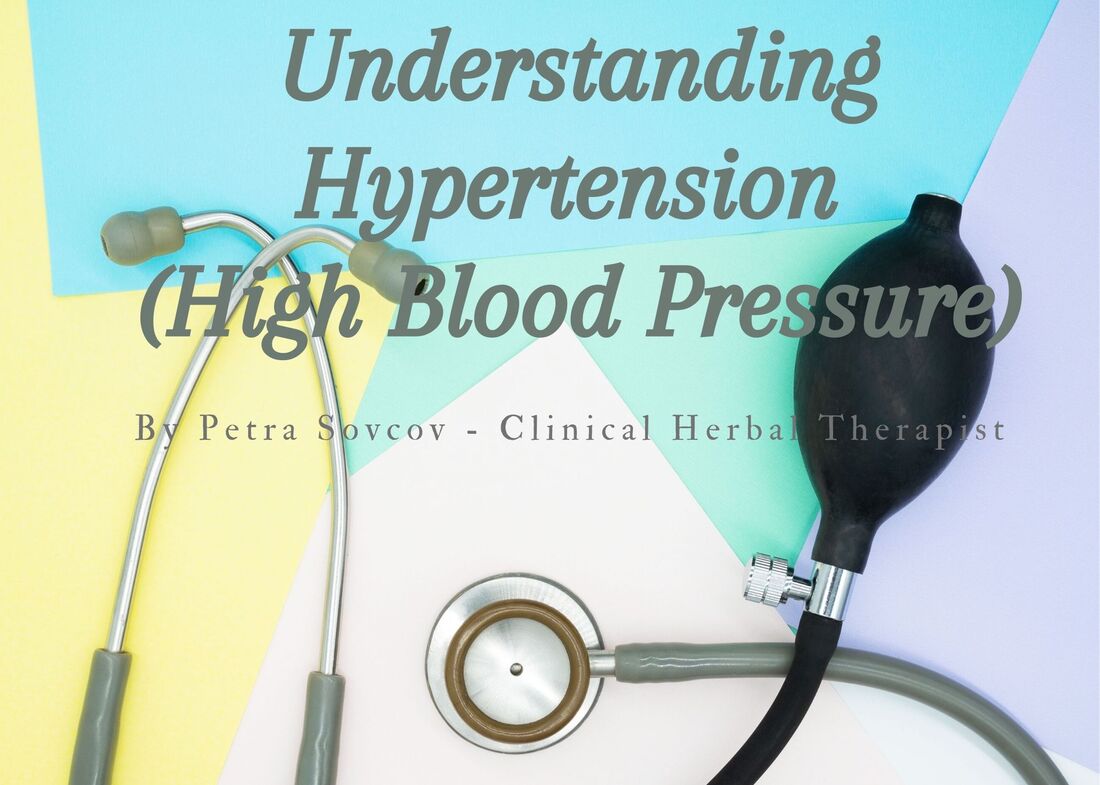
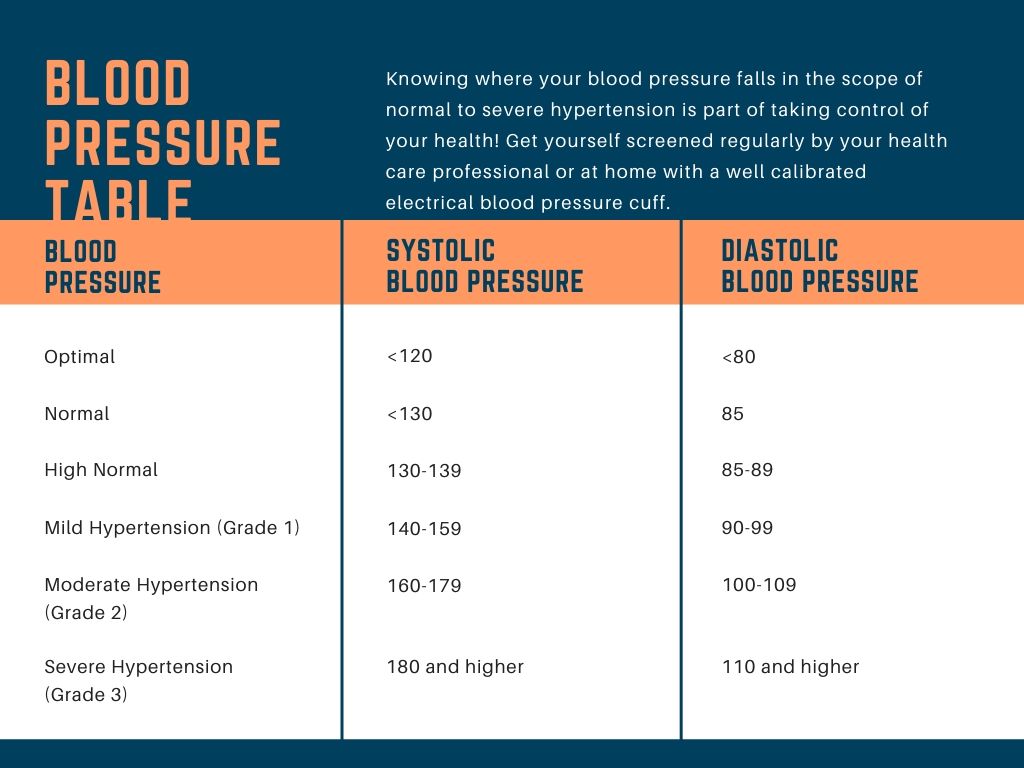
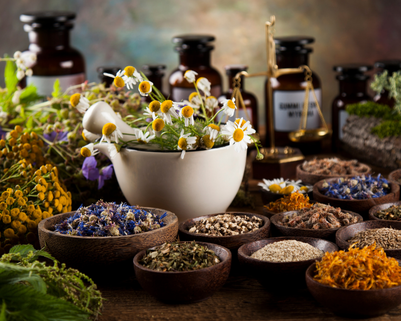
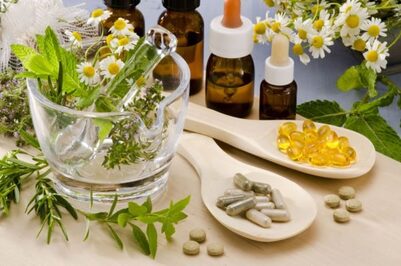
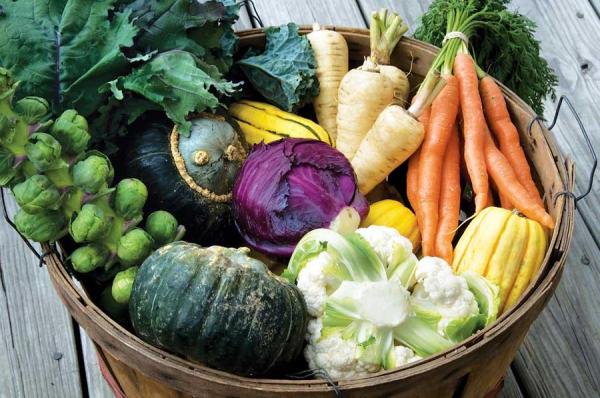
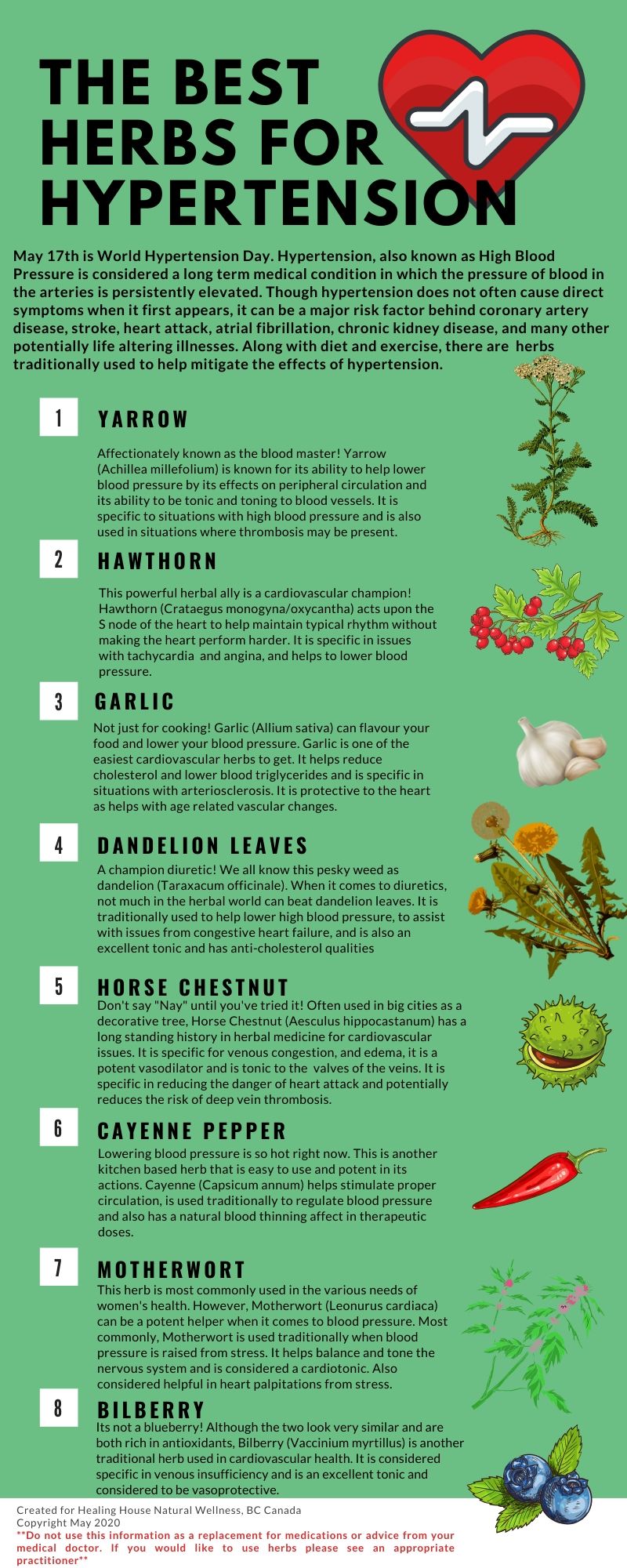
 RSS Feed
RSS Feed